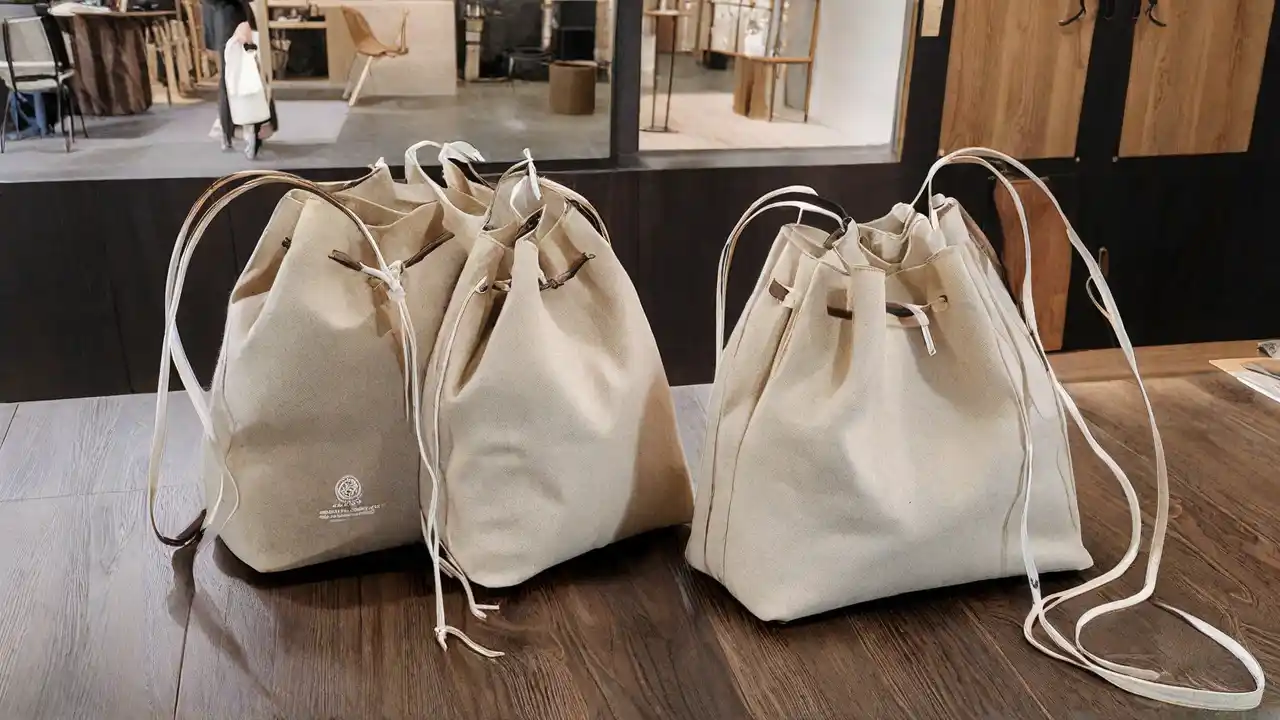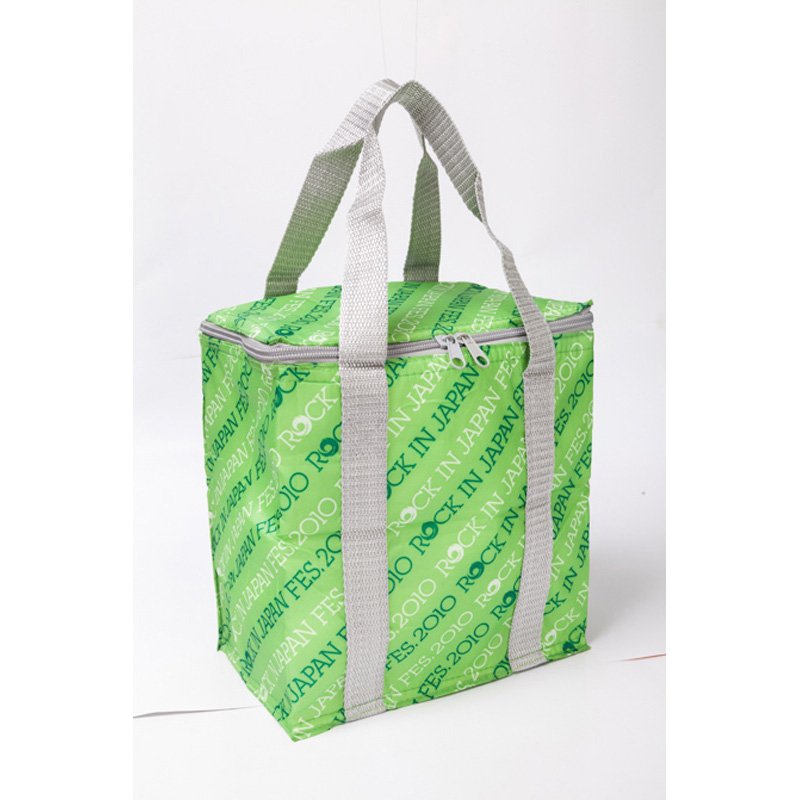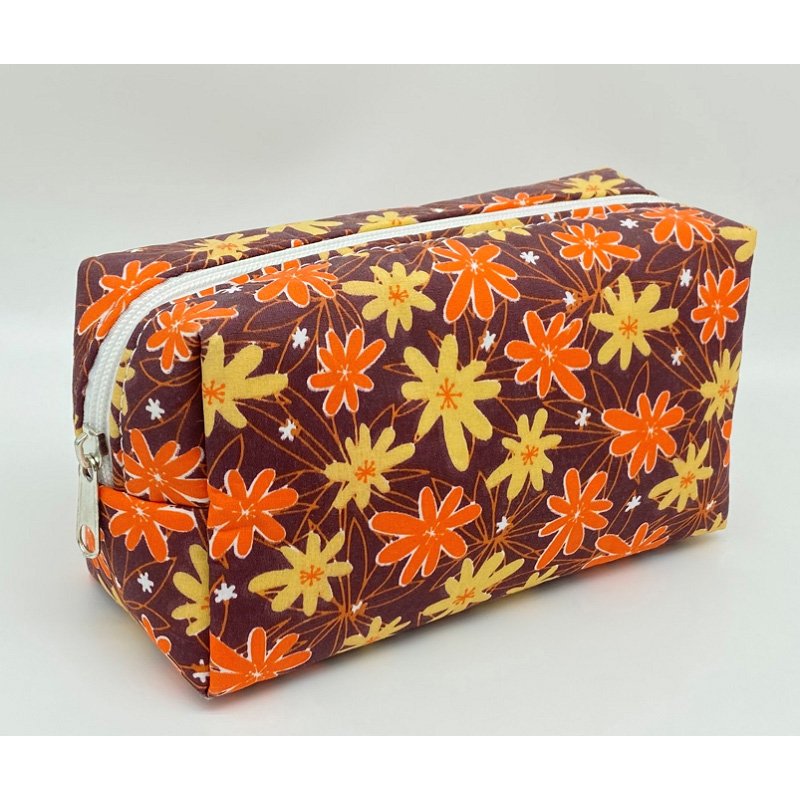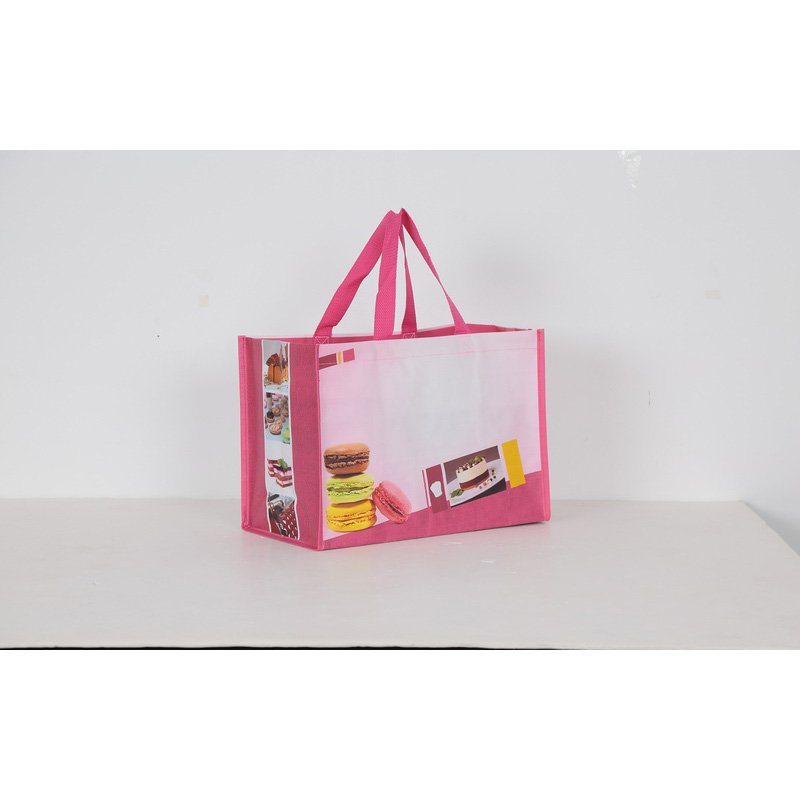In the competitive landscape of packaging solutions, pouch bag wholesale purchases have become increasingly popular among businesses seeking versatile and cost-effective packaging options. However, the success of these purchases hinges significantly on the quality of the products obtained. This article delves into the critical importance of quality control in pouch bag wholesale purchases, examining its impact on business operations, customer satisfaction, and brand reputation.
Understanding Pouch Bags
What Are Pouch Bags?
Pouch bags are flexible packaging solutions designed to hold various products, ranging from food items to cosmetics. They come in different shapes, sizes, and materials, often featuring resealable closures that enhance convenience for consumers. The versatility of pouch bags makes them a preferred choice for many industries.
Types of Pouch Bags Available Wholesale
- Stand-Up Pouches: These bags can stand upright on shelves, making them ideal for retail display.
- Flat Pouches: Suitable for packaging smaller items or products that do not require a rigid structure.
- Resealable Pouches: These bags feature closures that allow for multiple uses, appealing to consumers looking for convenience.
- Custom Printed Pouches: Businesses can personalize these pouches with branding and designs to enhance visibility.
The Role of Quality Control in Pouch Bag Wholesale
Why Quality Control Matters
Quality control is essential in ensuring that pouch bags meet specific standards regarding durability, functionality, and safety. Poor quality bags can lead to product spoilage, customer dissatisfaction, and potential harm to brand reputation.
Key Aspects of Quality Control
- Material Integrity: Ensuring that the materials used in pouch bags are safe and suitable for their intended use.
- Manufacturing Processes: Monitoring production processes to minimize defects and ensure consistency.
- Testing Procedures: Implementing rigorous testing protocols to evaluate the performance of pouch bags under various conditions.
Benefits of Implementing Quality Control
- Enhanced Product Reliability: High-quality pouch bags provide reliable protection for products, reducing the risk of damage during transportation and storage.
- Increased Customer Satisfaction: Customers are more likely to return to brands that offer durable and functional packaging solutions.
- Cost Savings: Investing in quality control can prevent costly recalls and replacements due to defective products.
The Quality Control Process for Pouch Bag Wholesale Purchases
1. Supplier Selection
Choosing the right supplier is the first step in ensuring quality control in pouch bag wholesale purchases. Businesses should conduct thorough research on potential suppliers, evaluating their reputation, production capabilities, and quality assurance practices.
Evaluating Supplier Credentials
- Certifications: Look for suppliers with relevant industry certifications that demonstrate their commitment to quality standards.
- Customer Reviews: Analyze feedback from previous customers to gauge satisfaction levels and reliability.
2. Material Inspection
Before placing bulk orders, it is crucial to inspect the materials used in pouch bag production. This step ensures that the bags will perform as expected under various conditions.
Key Material Considerations
- Food Safety Standards: For food packaging, ensure that materials comply with safety regulations set by governing bodies.
- Durability Testing: Assess the strength and resilience of materials to ensure they can withstand handling and transportation.
3. Production Monitoring
Once an order is placed, continuous monitoring of the production process is vital. Regular communication with suppliers can help identify any potential issues before they escalate.
Quality Assurance Checks
- In-Process Inspections: Conduct inspections at various stages of production to ensure adherence to specifications.
- Documentation Review: Request documentation detailing production methods and quality control measures implemented by the supplier.
4. Final Product Testing
After production is complete, conducting final product tests is essential to verify that pouch bags meet quality standards before they are shipped.
Testing Methods
- Physical Testing: Evaluate the strength, seal integrity, and overall construction of pouch bags.
- Performance Testing: Assess how well the bags perform under different environmental conditions (e.g., temperature fluctuations).
Common Challenges in Quality Control for Pouch Bag Wholesale Purchases
1. Variability in Manufacturing Standards
Different manufacturers may have varying standards when it comes to quality control processes. This variability can lead to inconsistencies in product quality across different batches.
Mitigating Variability Risks
- Establish clear specifications and expectations with suppliers before production begins.
- Conduct regular audits of suppliers’ manufacturing processes to ensure compliance with agreed-upon standards.
2. Communication Barriers
Effective communication between businesses and suppliers is crucial for successful quality control. Misunderstandings can lead to errors in production or unmet expectations.
Strategies for Effective Communication
- Utilize clear documentation outlining product specifications and quality requirements.
- Schedule regular meetings or updates with suppliers throughout the production process.
3. Cost Constraints
Implementing rigorous quality control measures may require additional investment upfront, which can be a concern for businesses operating on tight budgets.
Balancing Costs with Quality Assurance
- Consider long-term savings associated with investing in quality control versus potential costs incurred from product failures or recalls.
- Explore partnerships with suppliers who offer competitive pricing while maintaining high-quality standards.

The Impact of Quality Control on Brand Reputation
Building Trust with Consumers
A strong commitment to quality control can significantly enhance a brand's reputation among consumers. When customers receive consistently high-quality products, they are more likely to develop trust and loyalty toward the brand.
Positive Brand Perception
Brands known for their dedication to quality often enjoy positive word-of-mouth marketing as satisfied customers share their experiences with others.
Differentiating from Competitors
In a crowded marketplace, maintaining high-quality standards can set a brand apart from its competitors. Businesses that prioritize quality control can position themselves as leaders within their industry.
Leveraging Quality as a Marketing Tool
Highlighting commitment to quality control in marketing materials can attract consumers seeking reliable products—further enhancing brand visibility and sales potential.
Conclusion: The Essential Role of Quality Control in Pouch Bag Wholesale Purchases
The importance of quality control in pouch bag wholesale purchases cannot be overstated. By prioritizing material integrity, manufacturing processes, and rigorous testing procedures, businesses can ensure they receive high-quality products that meet customer expectations.Investing time and resources into establishing effective quality control measures not only enhances product reliability but also fosters customer satisfaction and loyalty. As competition continues to grow within the packaging industry, brands that commit to maintaining high-quality standards will be better positioned for long-term success.By understanding the critical aspects of quality control in pouch bag wholesale purchases, businesses can make informed decisions that positively impact their operations and reputation within the market.






